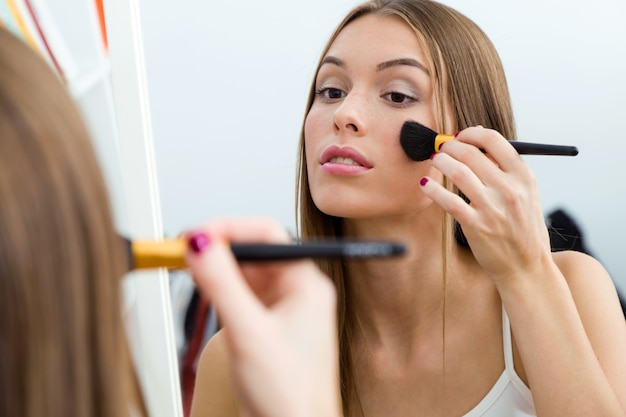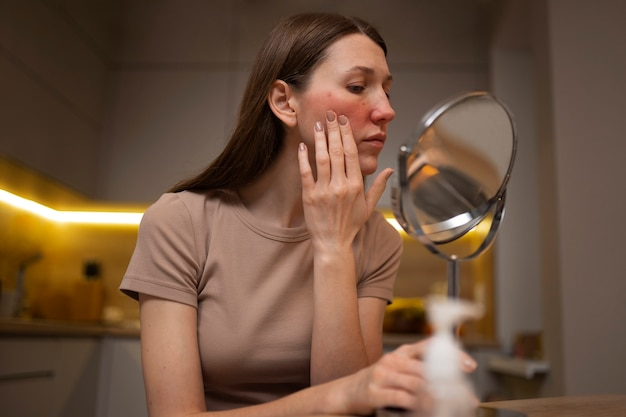Relax and rejuvenate: the key to stress-free skin
Stress is an inevitable part of life, and it can have a significant impact on our physical and mental health. One area where stress can be particularly damaging is on our skin. Stress can lead to a variety of skin problems, from acne and wrinkles to dullness and dryness. In this blog post, we will explore the impact of stress on your skin and ways to manage it.
The Impact of Stress on Your Skin
Stress can have a variety of effects on your skin. One of the most common effects of stress on the skin is acne. When we are under stress, our bodies release hormones like cortisol, which can increase oil production in the skin. This excess oil can clog pores and lead to breakouts.

Stress can also contribute to wrinkles and fine lines. When we are stressed, we tend to frown or furrow our brows, which can create deep lines over time. Stress can also lead to inflammation in the skin, which can break down collagen and elastin, the fibers that give skin its elasticity and firmness.
In addition to acne and wrinkles, stress can also lead to dullness and dryness in the skin. When we are stressed, our bodies divert resources away from non-essential functions like skin hydration, leading to dry, flaky skin. Stress can also disrupt the skin’s natural barrier function, which can make it more vulnerable to environmental damage and irritation.
Ways to Manage Stress and Protect Your Skin
While it’s impossible to eliminate stress entirely, there are a variety of ways to manage stress and protect your skin. Here are some tips:
Practice Self-Care
One of the best ways to manage stress and protect your skin is to prioritize self-care. This can include activities like meditation, yoga, exercise, or spending time in nature. These activities can help to reduce stress levels and promote relaxation, which can have a positive impact on your skin.
Get Enough Sleep
Sleep is essential for overall health and well-being, and it can also have a significant impact on your skin. When we are sleep-deprived, our bodies release more cortisol, which can lead to increased oil production and breakouts. Lack of sleep can also contribute to dark circles, puffiness, and a dull complexion. Aim to get 7-8 hours of sleep per night to help protect your skin from the effects of stress.
Maintain a Healthy Diet
Eating a healthy, balanced diet can also help to protect your skin from the effects of stress. Focus on foods that are rich in antioxidants, like fruits, vegetables, and nuts. These foods can help to protect your skin from environmental damage and promote a healthy, glowing complexion.
Use Skincare Products with Soothing Ingredients
When it comes to skincare, look for products that contain soothing ingredients like chamomile, aloe vera, or green tea. These ingredients can help to calm inflammation and irritation in the skin, which can be exacerbated by stress.
Keep Your Skincare Routine Simple
Finally, it’s important to keep your skincare routine simple and gentle. Overly aggressive skincare products can strip the skin of its natural oils and exacerbate dryness and irritation. Stick to a gentle cleanser, moisturizer, and sunscreen, and avoid harsh exfoliants or other irritating products.
Conclusion
Stress can have a significant impact on your skin, but there are ways to manage stress and protect your skin from its effects. Prioritizing self-care, getting enough sleep, maintaining a healthy diet, using soothing skincare products, and keeping your skincare routine simple and gentle can all help to promote healthy, glowing skin, even in times of stress. By taking care of yourself and your skin, you can look and feel your best, no matter what life throws your way.




